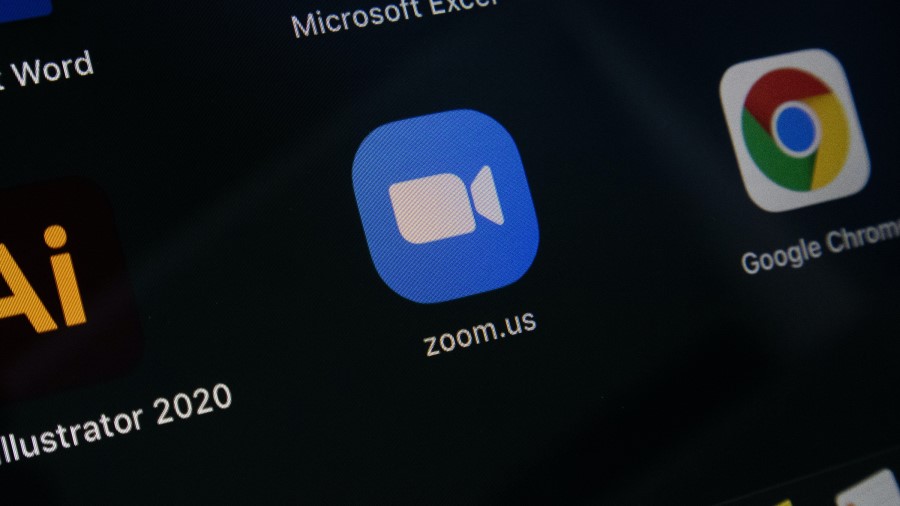
Hannes Read discusses virtual internships programs and how they can play a new role in the education system.
Find out more about the What Works: Conducting Impactful Virtual Internships as a Civic University project.
The Role of Virtual Internships in Education
Internships have a significant role to play in education. Students gain from their experiences, and the providers of the internships gain access to support and new ideas of working. Universities provide support for internships which add to the learning experience, as well as improving their external engagement which can support businesses in the regional economy.
In the aftermath of the pandemic, there has been a shift to a hybrid model of work. Many jobs require an element of homeworking. Whilst remote working internships were not generally offered before the pandemic, this is becoming more commonplace. And is likely here to stay in some form.
Virtual internships or internships conducted predominantly from home, provide an alternative form of learning. The flexibility of being able to work a few hours a week, without worrying about travel costs, is attractive. In particular, this mode of working can be very suitable for students with barriers to time, travel, and other commitments. The online method of working can still provide a quality paid experience that is valuable in the journey for students.
Over the last two years, many internships and placements at the University of Birmingham have been undertaken online. The virtual way of working has thrown up challenges for opportunity providers with how to manage students’ internship experience online.
As part of the Education Enhancement Funding from the Higher Education Futures Institute (HEFi) at the University of Birmingham, a research team including two interns at City-REDI/WMREDI, will conduct interviews and focus groups with students, staff, and opportunity providers, into what has worked when conducting virtual internships. By sharing the experiences of the online way of working, there are opportunities to ensure the learnings of what makes a successful virtual internship will be utilised in the future.
Project Focus
The project will develop a toolkit for schools and colleges at the University of Birmingham to highlight ‘what works’ when conducting impactful virtual internships with internal and external partners. The toolkit will evidence ‘what works’ from the experiences of conducting impactful virtual internships (conducted in a ‘working from home’ style, rather than face-to-face).

The aim of the toolkit is to maximise impact for students, staff, university departments, external partners, and place.
The toolkit will be developed by two student virtual interns to ensure that students’ voices are at the heart of the project. The student interns will be supervised by academics from City-REDI/WMREDI. The toolkit will be supported by colleagues from the School of Geography, Earth, and Environmental Sciences (GEES), the Birmingham Business School (BBS), the School of Liberal Arts and Natural Sciences (LANS), and the Careers Network in the form of an advisory group.
The project will connect synergies between the different schools, learning from the experiences of remote working during the pandemic, and develop other impactful virtual internships in future, particularly when it is likely that remote working is here to stay in some form.
Overall Project Aims:
Our project will develop a toolkit to evidence good practice about what works when conducting impactful virtual internships for:
- Students: What works for students when accessing virtual internships in their education.
- Staff: How internships can support staff career progression by providing opportunities for line management and mentoring.
- University: To support improvement in the NSS scores for Learning Opportunities, Practice Placements, Employability and Skills, and Student Voice.
- Place: Maximise the impact of the University of Birmingham as a civic university.
The outputs of the project will evidence:
- How to scope, advertise, and manage virtual internships
- How to engage and develop positive partnerships working with external organisations
- Evaluation tools to capture the impacts of knowledge exchange between students, module subject knowledge, and the needs of external partners.
This will be useful in:
-
- Supporting university departments to better embed internships into the curriculum
- Evidencing what works for university departments to facilitate partnerships with organisations to offer internships.
- Overcoming barriers among external partners to working with university departments to recruit students for internships.
For further information on the project please contact Hannes Read, Project Lead (j.read@bham.ac.uk), Connor McFadden, Project Policy and Data Analyst Intern (cxm217@student.bham.ac.uk), or Elizabeth Williams, Project Policy and Data Analyst Intern (etw135@student.bham.ac.uk)
This blog was written by Hannes Read, Project Policy and Data Analyst, City-REDI / WMREDI, University of Birmingham.
Disclaimer:
The views expressed in this analysis post are those of the authors and not necessarily those of City-REDI or the University of Birmingham.
